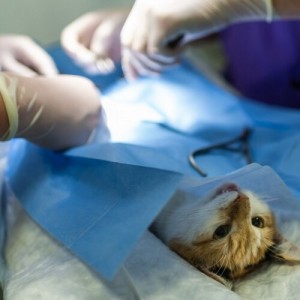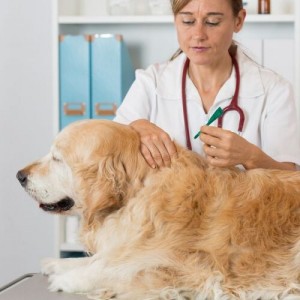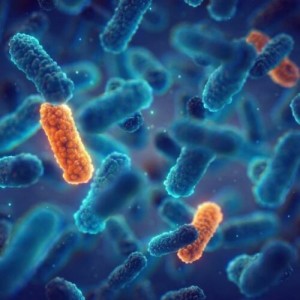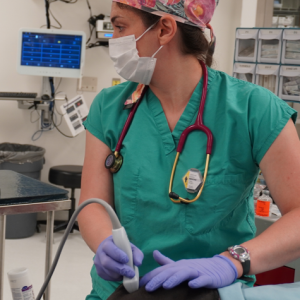Dairy cows without access to outside pasture may have poorer emotional well-being
An investigation studies for the first time if they present a pessimistic bias, which could be interpreted as an indicator of their psychological state.
Livestock production in which animals do not have access to the outside can harm animal welfare. This is what concludes an investigation carried out to study the emotional well-being of dairy cows that has been published in the journal Nature Scientific Reports.
The study starts from the observation that, in human beings, negative moods are linked to pessimistic judgments about ambiguous stimuli. For example, those who suffer from depression and anxiety tend to expect fewer positive outcomes in life, while, conversely, happy emotions and moods are linked to more optimistic judgments.
The research now published has been the first of its kind to investigate whether dairy cows also have this bias, and whether optimistic judgments can be used as an indicator of psychological well-being, which is an important part of animal well-being.
Dr. Gareth Arnott, Queen's University Senior Lecturer in Animal Behavior and Welfare and Principal Investigator on the research, explains: “Animal welfare researchers and dairy consumers have long been concerned that depriving dairy cattle of access to pasture harms their well-being ”.
Free access to pasture can encourage the natural behavior of cows and improve their health, and Arnott recalls, animals that have the option of being outdoors spend most of their time there. "However, the effects of access to pasture on the psychological well-being of dairy cows has not been well understood, and that is what our trial of judgment bias was intended to measure."
Access to pastures in front of interior
For their study, which was carried out as part of a collaboration with the Agri-Food and Biosciences Institute, the researchers gave 29 Holstein-Friesian dairy cows 18 days of access to pasture overnight (which previous studies suggest improves well-being), and were kept indoors full-time for 18 days (which previous studies suggest is detrimental to well-being).
Subsequently, each cow was trained to approach a place where there was a bucket with food as a reward, but not to approach another place with a bucket without food. After they learned this task, to test for judgment bias the researchers presented the cows with cubes that were between the places where the other prize and non-prize containers had been placed.
Approaching these intermediate cubes would reflect an ambiguous reward expectation, that is, an "optimistic" judgment bias, suggesting positive emotional states. The researchers found that cows kept indoors full-time were more rapidly approaching the location of the bin containing the food.
A more rewarding environment
Andrew Crump, a postdoctoral researcher at Queen's School of Biological Sciences and lead author of the paper, explains that “greater anticipation of rewards suggests that an animal has fewer rewards in its lifetime, so our results indicate that grasses are an environment more rewarding for dairy cows, which can induce more positive emotional well-being than full-time housing ”.
Ireland and in general Great Britain, where the research has been carried out, has traditionally practiced free-range farming. “We hope that our research encourages farmers, retailers, government and consumers that access to pasture is important for the well-being of cows and must be protected. In countries where indoor farming is common, we hope that our welfare study and others like it will help to change this trend, ”says Crump.



.jpg)









List
Add
Please enter a comment